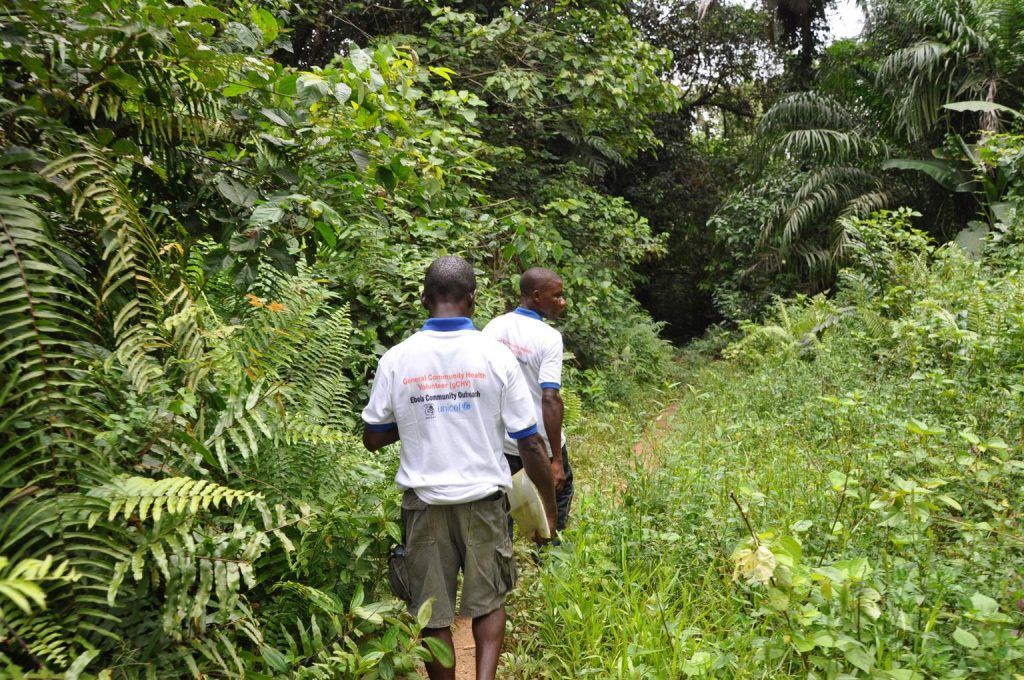Substantive citizenship is the ability of an individual to influence those who govern. In order to assess this ‘ability’, this study examined the powers of sanction possessed by individuals or groups and the accountability mechanisms at their disposal in three villages in the Bikoro Territory of Democratic Republic of Congo (DRC). More specifically, the article examined power relations and the accountability of local authorities involved in forestry and development interventions, in order to understand the effects of these interventions on substantive citizenship. The study found that forestry and development agencies chose to partner with identity-based customary authorities and interest-based non-governmental organizations in lieu of local state authorities and the absence of elected local government.
These chosen institutions are not directly accountable to the local people, but their partnership with higher level forestry and development agencies gave them public powers over resources. This placed them in a position of authority over those who use these public resources in the absence of elected local government. While these empowered local institutions are open to some local influence, local people lack the ability to substantively influence the decisions made by these chosen local institutions – hence they cannot fully engage as citizens. This case study suggests that recognising identity and/or interest-based local institutions by agencies currently promoting carbon forestry in the DRC exacerbates existing unequal power relations and further narrows inclusive local democracy and effective community participation in decision-making processes.



